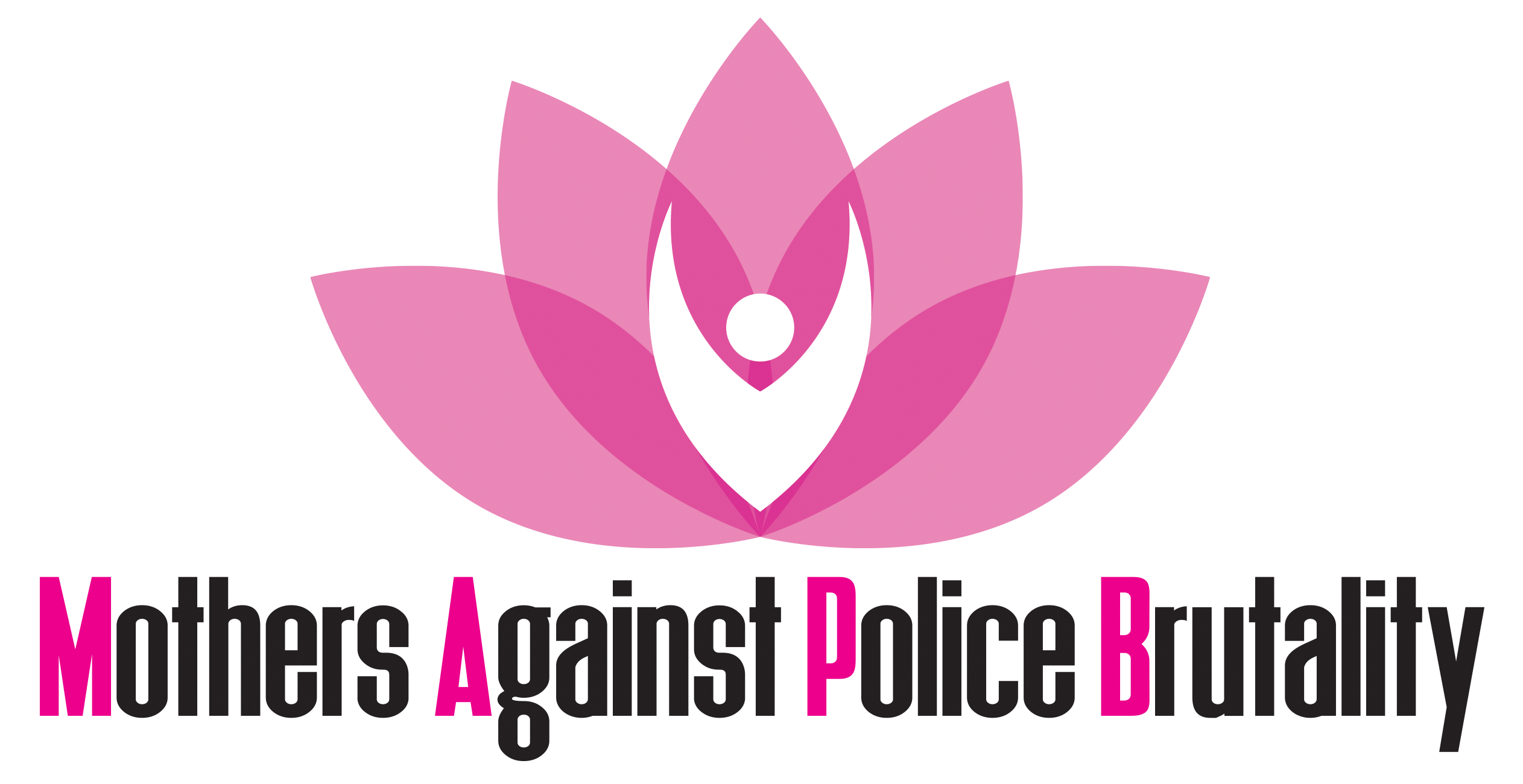Media Contact:
Collette FlanaganPhone: 214-989-8888
mothersagainstpolicebrutality@gmail.com
John Fullinwider
Phone: 214-683-2493 jhfullinwider@gmail.com
DALLAS, TEXAS, OCTOBER 23, 2014 –
Dallas police officer Antonio Hudson shot to death Andrew Gaynier, an unarmed 26-year-old white man, on August 10, the day after Michael Brown was killed in Ferguson. As is typical in police shootings, the Dallas police department (DPD) claimed that Gaynier charged Hudson and made the officer fear for his life.
But Gaynier was shot in the back. He was shot three times in the chest and once in the right thigh. A sixth gunshot wound in his left forearm may be related to one of the chest wounds, according to the autopsy. Six gunshot wounds, at least five shots, one shot in the back.
Was Officer Hudson’s life in danger? Not one wound shows gunpowder residue (soot or stippling), meaning the shots were not close-up. If there had been a life or death struggle of any sort, the shots would have been at close range. Andrew Gaynier never got close enough to even touch Hudson, much less threaten his life. Mr. Gaynier’s death was tragically unnecessary.
Although the autopsy has not been released until today, and the DA and grand jury haven’t finished their investigations, Hudson is back on patrol.
DPD claims to have an amateur security video that recorded the homicide, but has not released the tape.
This is exactly what happened after Dallas officers John Rogers and Andrew Hutchins killed Jason Harrison, a 38-year old African American with a history of mental illness, on June 14. The two officers who shot him twice in the back were returned to patrol before the autopsy was released and before the DA and grand jury have finished their investigations. This was the first police homicide in which officers were wearing body cameras.
When Harrison’s family requests to see the videotape, they are refused access and told investigation is still open.
DPD claims one camera malfunctioned, but no evidence for this claim has been presented.
“The investigations of recent fatal police shootings in Dallas make a mockery of justice,” said Collette Flanagan, who founded MAPB after he son was shot to death by a Dallas officer in 2013. “There is no transparency and no consideration for the grieving families. Worse, the perpetrators are back on patrol before the investigations are completed.”
“We need a policy level review of all police homicides in the past decade,” said John Fullinwider, co-founder of MAPB. “From the unnecessary use of deadly force to the unprofessional investigations to the lack of even one indictment of a Dallas police homicide in 40 years, the whole process is increasingly corrupt.”
MAPB demands that Mayor Mike Rawlings appoint a blue ribbon commission to review all recent fatal police shootings in order to recommend 1) changes in deadly force policy and procedures; 2) changes in policy and procedures regarding the treatment of mentally ill persons; and 3) prosecutions where justified based on a fresh look at the evidence in each case.
[Attachment: Andrew Gaynier autopsy report.]
Andrew Gaynier Autopsy
About Mothers Against Police Brutality
Mothers Against Police Brutality (MAPB) Mothers Against Police Brutality (MAPB) is an emerging, Dallas-based multi-generational, multi-racial, and multi-ethnic coalition uniting people nationally, from all walks of life, to hold law enforcement agencies more accountable. Collette Flanagan founded MAPB in 2013 after her son, Clinton Allen, an unarmed young man in custody, was shot to death by a Dallas police officer. MAPB works for an immediate end to the use of deadly force against unarmed persons; for changes in the overall use of excessive and deadly force to stop unnecessary injury and death; for changes in the treatment of mentally ill persons by police; for assistance to the families of the victims of police violence; for transparency and objectivity in the investigations of police misconduct; and for other changes in police policies and procedures to protect the lives of civilians, with a particular focus on protecting the lives of African American and Latino youth. Transforming grief into determination, Flanagan and MAPB are leading the charge to change deadly force policy in Dallas and throughout the U.S., to support families who have lost loved ones to police violence, and to help restore trust between the police and the communities they are sworn to serve and protect.
